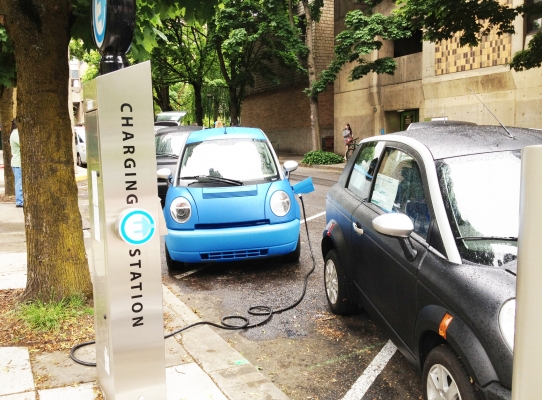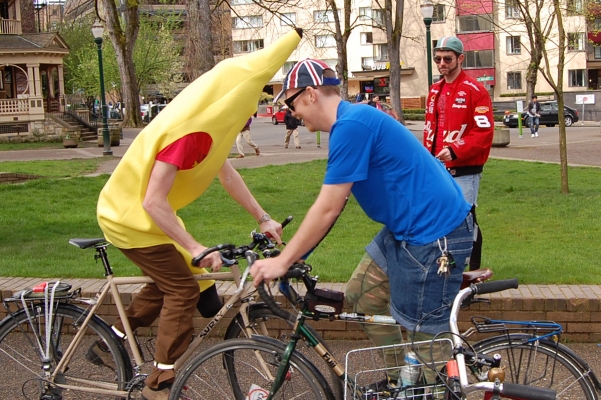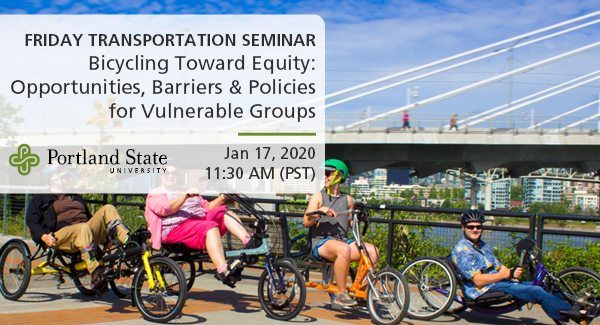Widespread adoption of electric vehicles won’t happen without convenient charging points. But who should provide charging stations? Where should they be located? And how should they be set up?
Those are a few of the questions addressed in an OTREC report on the unique charging-station hub known as Electric Avenue. A block-long bank of chargers on the Portland State University campus, Electric Avenue provides an ideal test site for those seeking to prepare the way for electric vehicles.
Electric Avenue opened in August 2011 with eight parking spaces where vehicle owners can use a variety of chargers for free, paying only the cost of parking. Some chargers can recharge a battery in 30 minutes and others require hours per charge.
As the first installation of its kind, Electric Avenue illuminated both the promise and the difficulties electric vehicles represent. The report concluded that similar projects would be viable elsewhere, especially if planners and policy makers learn from the Electric Avenue experience, including:
- With lead partners Portland State University, the city of Portland and utility Portland General Electric, Electric Avenue had the leadership to steer the project through the inevitable obstacles. A clear understanding of roles and responsibilities helps partners deal with unexpected costs and other challenges. ...




.bmp) the Institute of Transportation Engineers and Students in Transportation Engineering, she would like...
the Institute of Transportation Engineers and Students in Transportation Engineering, she would like...